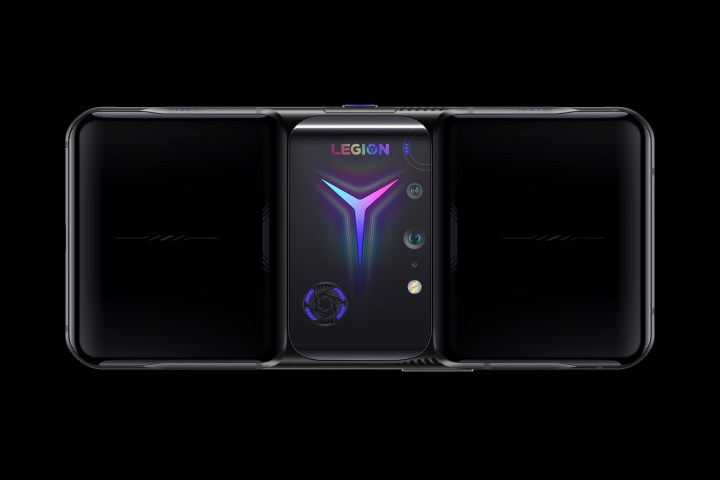There had been some recent rumors that Lenovo would be sunsetting its Legion brand gaming phones, and now it’s been officially confirmed.
In a statement to Android Authority, Lenovo confirmed that it will be stopping its current gaming phone efforts as the company restructures its approach to its “gaming portfolio.”

The full statement shared by Android Authority reads:
Lenovo is discontinuing its Android-based Legion mobile gaming phones as part of a wider business transformation and gaming portfolio consolidation. As a leader in gaming devices and solutions, Lenovo is committed to advancing the gaming category across form factors, as well as focusing on where it can bring the most value to the global gaming community.
This news comes as something of a surprise given Lenovo’s dominance in the portable gaming hardware market, and considering how well Legion gaming phones have generally been received in the past. Lenovo seems to think that by sunsetting its Legion smartphones, it can better focus on where the company can bring the most value to the games industry, but if Legion phones start disappearing, the pickings for quality gaming smartphones will be getting much slimmer.
With Legion phones out of the picture, there will essentially be just three solid device lines for mobile gamers to choose from: Asus ROG Phone devices, the Nubia RedMagic lineup, and the Xiaomi Black Shark series. While they each bring something to the table, it’s not clear how long they’ll all still be around, especially with Xiaomi laying off 10% of its workforce this past December.
Legion gaming phones were always on the more inventive side when it came to shaking up mobile gaming hardware, so their absence in the industry will certainly be felt. Luckily, Lenovo isn’t calling it quits entirely, as made clear in its statement to Android Authority, so you can still expect new gaming hardware from the company. Last week, for example, Lenovo announced its new LOQ gaming laptops.
It’s certainly possible that Lenovo might change its mind somewhere down the line and get back on the mobile gaming horse, but for now, it seems like mobile gamers will need to rely on other companies for their gaming-devoted mobile hardware.



